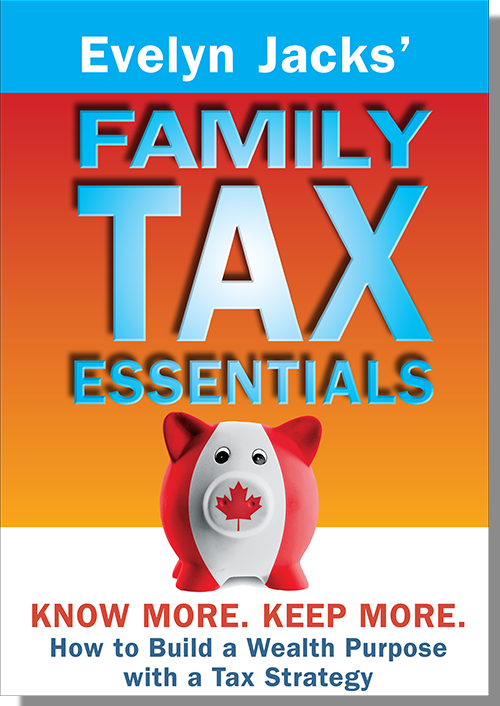Last updated: February 23 2016
Your Notice of Assessment: Don’t Misplace It

One document you must remember to keep track of after filing your tax return is your Notice of Assessment or Reassessment from the Canada Revenue Agency (CRA).
This notice explains how your return was assessed, and provides other important carry-forward information, like what your RRSP and TFSA contribution room is, your capital and non-capital loss balances, and many other important pieces of information you or your tax advisors will want to use to recover all of your tax filing rights.
Most important: The date on your Notice of Assessment or Reassessment is used to determine when your further appeal rights expire. File this form with your tax records so you can easily refer back to it if necessary. Here are the salient appeal dates:
 |
- Over-contributions to an RRSP or TFSA: within 90 days of the sending of a Notice of Assessment.
- Notice of Objection: individuals, or those filing for a testamentary trust, must file an objection by the later of one year after the return’s filing deadline or 90 days after the sending of a Notice of Assessment or Reassessment.
- Appeals to the Tax Court of Canada: within 90 days of the date on which a notice of Reassessment or Notice of Confirmation on the Notice of Objection is sent. Taxpayers can also appeal directly to the Tax Court of Canada if CRA does not give them a reply to their Notice of Objection within 90 days of filing it. Taxpayers can use an “informal” procedure in the Tax Court of Canada if the disputed amount of federal taxes and penalties are not more than $25,000 per assessment, or the disputed loss amount is not more than $50,000 per determination, or in cases where the interest on federal taxes and on penalties is the only disputed matter.
CRA will now allow you to receive your Notice of Assessment either by mail, by logging into the CRA website or, starting in 2016, on your mobile device. To ensure privacy, the content of the notices will not be included in email messages but will instead be posted to the taxpayer’s secure electronic account and the email message will indicate to the taxpayer that the notice has been posted. You will use the existing “My Account” and “My Business Account” features on the CRA website to access the actual Notice.
Timing is critically important to preserve your appeal rights in case of a dispute of an assessment of your taxes, so it’s essential to know that your electronic notices will be presumed to have been sent and received on the date that the CRA email message is sent to the email address most recently on file from the taxpayer.
Therefore, the onus is on you to check your email and notify CRA if you want email directed to another address. Taxpayers also have the right to revoke authorization for electronic transmission of notices regarding their accounts.
 |
Evelyn Jacks is a best-selling Canadian author of 52 books including her latest, Family Tax Essentials. Evelyn is the Founder and President of Knowledge Bureau, a national educational institute. To learn more about professional tax preparation and tax-efficient wealth management, see www.knowledgebureau.com.
Additional Educational Resources: Family Tax Essentials by Evelyn Jacks and DFA-Tax Services SpecialistTM program





